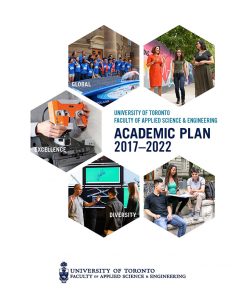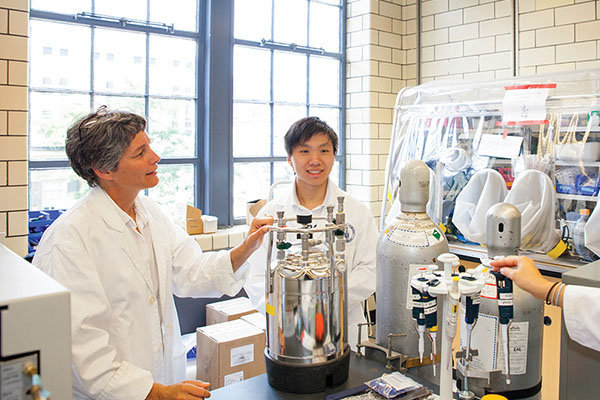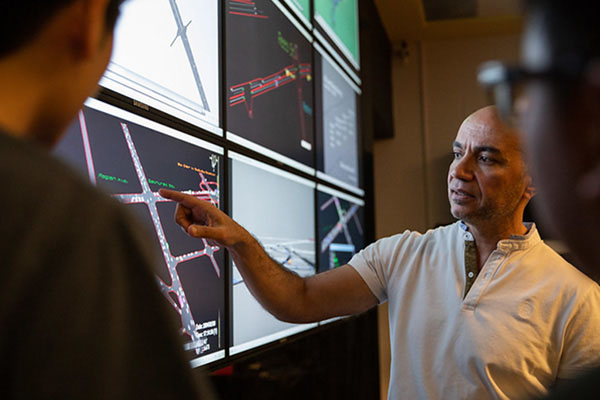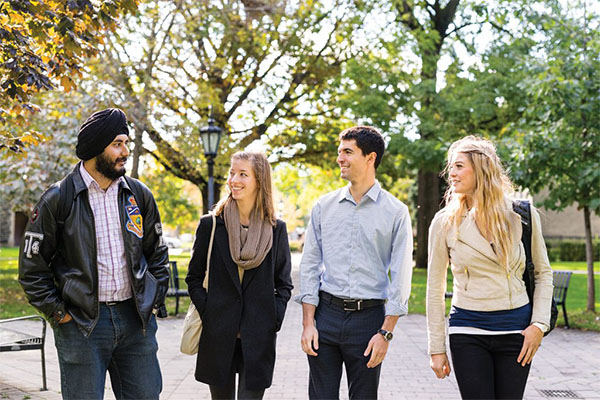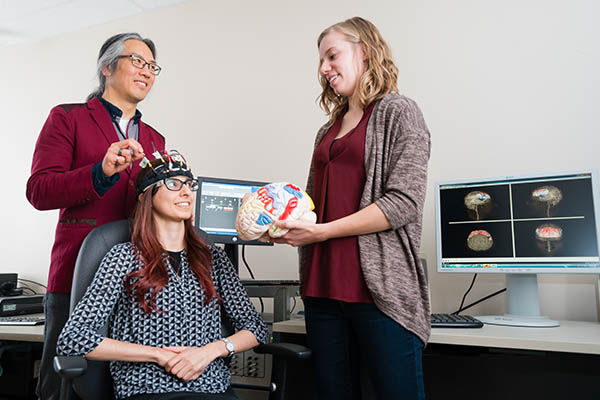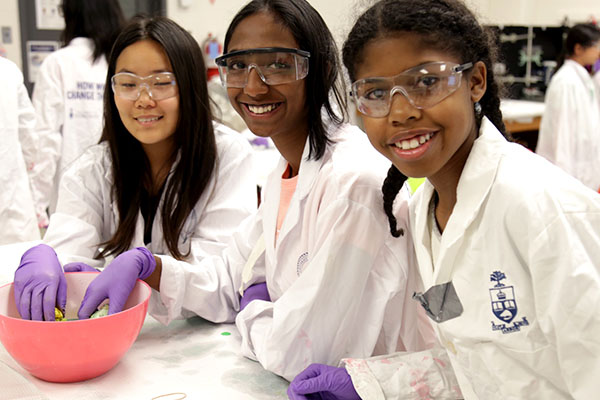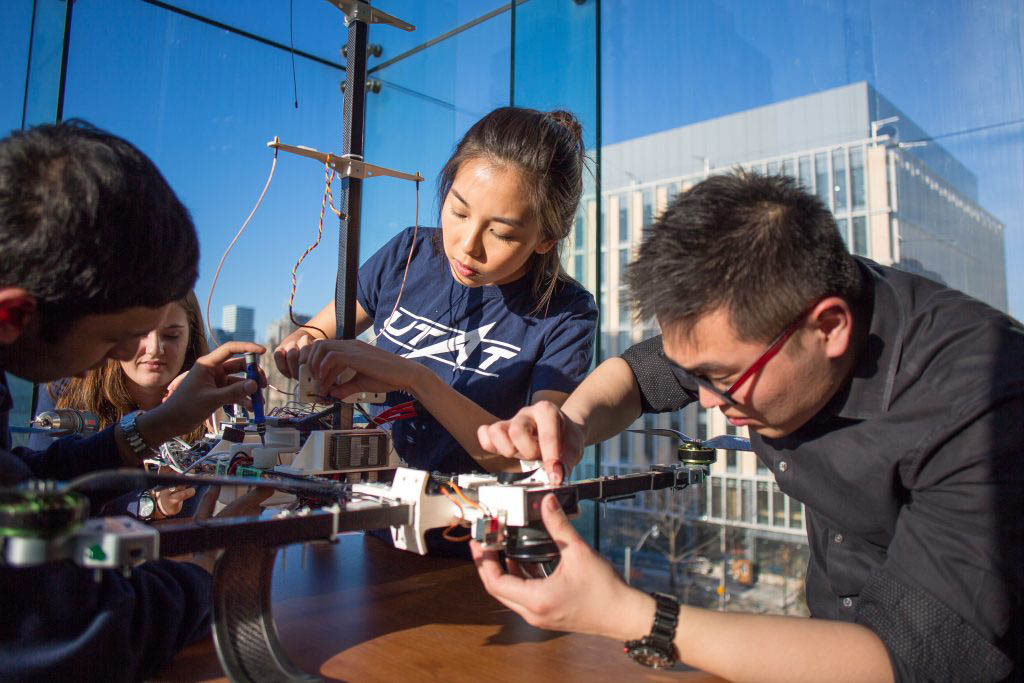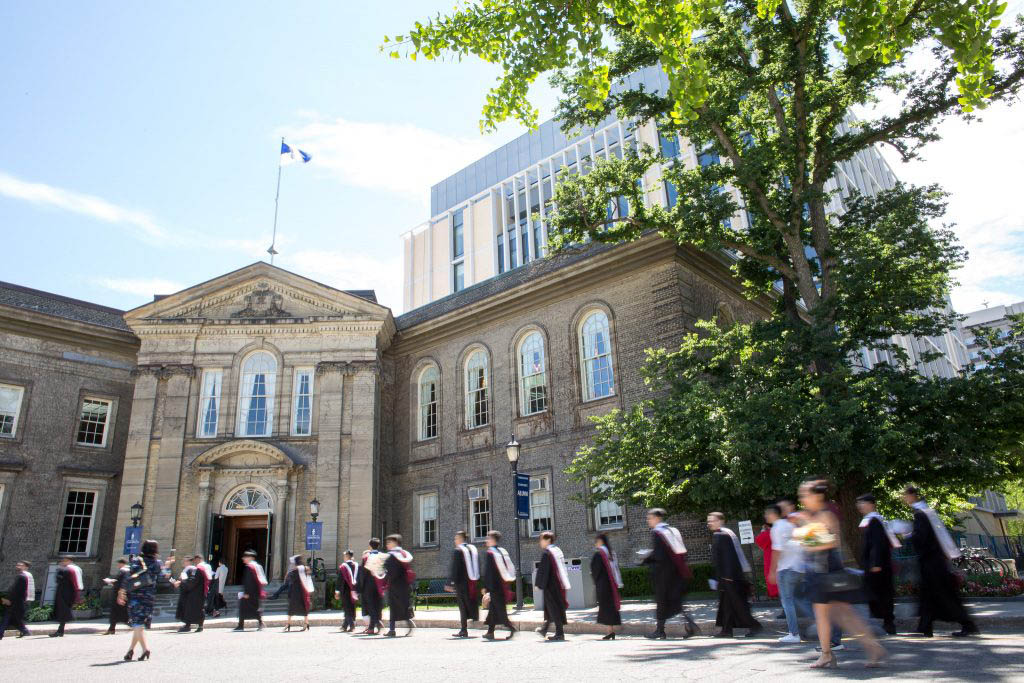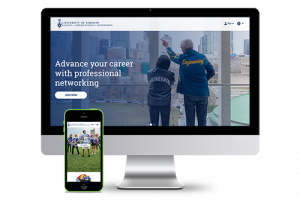U of T Engineering student services & support resources
Student & Community Wellness Coordinator (SCWC)
The faculty's Student & Community Wellness Coordinator builds capacity at U of T Engineering to support student mental health and well-being by offering mental health programs and training, conducting research and offering best practice insights. Students can schedule 1:1 resource navigation appointments to meet with the Student & Community Wellness Coordinator.
Student-led wellness groups
- Undergraduate: Skule™ Mental Wellness
- Graduate: Graduate Engineering Council of Students (GECos) Mental Wellness Commission
Skule™ Mental Wellness and the GECoS Mental Wellness Commission both support students' well-being by advocating for mental health awareness, planning programs and events, and working with faculty and departments to implement positive change.
Health & wellness
Health & Wellness provides a range of health services for your physical and mental health, wellness programs and information to help support you in achieving your personal and academic goals. Students can request to work specifically with the On-Location Counsellor for FASE.
Accessibility
Accessibility Services works with students to navigate disability-related barriers that prevent academic success due to ongoing or temporary conditions. Services and supports aim to increase access to learning and improve personal well-being.
Academic support
Engineering’s Learning Strategist can help you reach your highest learning potential by providing programs and services that offer test & exam strategies, note-taking skills, learning & time management tactics, and resources to sharpen your concentration & motivation.
Departmental academic advisors and administrators
- Undergraduate first-year team & advisors
- Undergraduate upper-year academic advisors
- Graduate departmental administrators
Departmental academic advisors are available to provide support for personal, academic, and career related matters. Contact the advisor for your specific program to learn more about the supports available to you.
Registrarial, scholarship and financial aid matters
U of T Engineering’s Office of the Registrar works closely with program departments to support undergraduate student matters. Consult with Advisors for support around academic and personal inquiries. Engineering students are welcome to call or visit the Scholarships & Financial Aid Office, located inside the Office of the Registrar, and make an appointment with the Financial Advisor for support surrounding financial challenges.
Equity, diversity and inclusiveness
Equity offices and U of T Engineering’s Equity, Diversity & Inclusion (EDI) initiatives provide resources and conduct education and awareness initiatives on how to best realize the University’s commitment to equity, diversity and human rights and provide guidance on specific issues as they arise.
Mental health resources for:
- 2SLGBTQ+ U of T Engineering students
- Black U of T Engineering students
- U of T Engineering varsity athletes
A selection of mental health resources curated for specific student groups to address needs that may be unique. Including resources that may be both on and off-campus.
Publications
Skule™: Mental wellness strategies for students
U of T Engineering’s Student & Community Wellness Coordinator lays out some advice on how students can effectively deal with some of the new challenges they may be facing.
New Skule™ Mental Health Bursary supports wellness for U of T Engineering students
Skule™ Mental Health Bursary provides funding for students with financial barriers to access mental health services. Find out more about how the bursary came to be and continues to support FASE students.
Smartphones could automate mental health monitoring by recording ambient noise
A study from Professor Jonathan Rose (ECE) and Daniel Di Matteo (ECE PhD candidate) shows that recordings of ambient noise from a smartphone could be used to shed light on a subject’s mental health.
Build U Up event raises awareness of mental health resources available to engineering students
A mental wellness fair with campus partners and external organizations to showcase the resources and services that are available to support students both on and off campus. Students can explore the resources and engage with representatives from the various services.
Faculty Resources
Student & Community Wellness Coordinator (SCWC)

Teresa Woo, MSW, RSW,
U of T Engineering Student & Community Wellness Coordinator
Meet with Teresa Woo, the Faculty’s Student & Community Wellness Coordinator:
- for support with student mental health resource navigation
- to learn more about mental health training opportunities
- to inform your programming with best-practice insights
- to learn more about mental health initiatives at U of T Engineering
Your feedback
We are always looking for areas that need improvement and ways we can help our community feel more connected and supported. If you have a suggestion to share, please contact Teresa Woo, U of T Engineering Student & Community Wellness Coordinator at wellness@engineering.utoronto.ca.
SCWC steps for U of T Engineering students
Undergraduate students:
Graduate students: Email SCWC and/or refer to the Health & Wellness section on the U of T Engineering Graduate Studies website
Staff & faculty inquiries: Email SCWC

